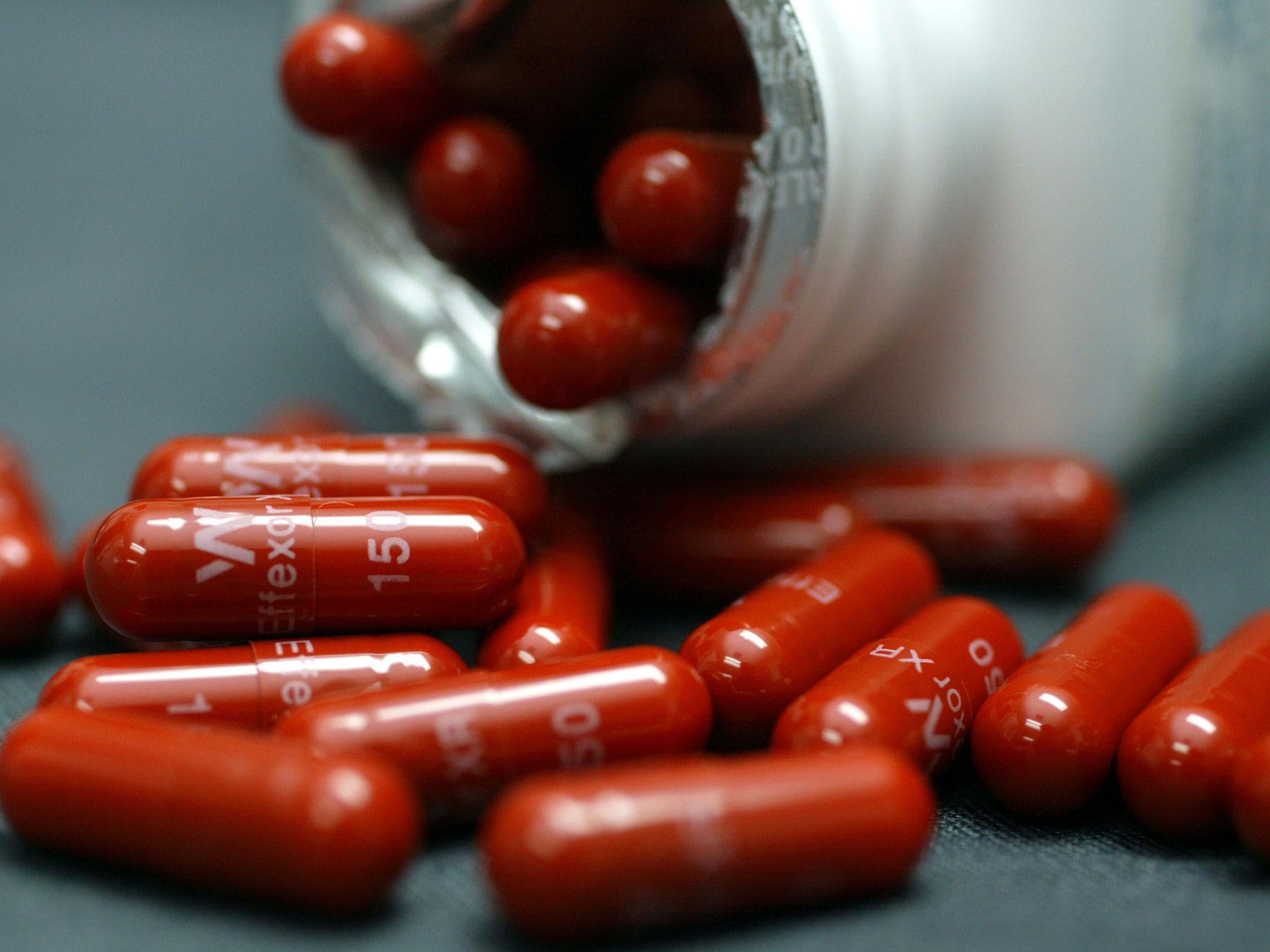One in seven GPs admit using drink and drugs to cope with stress
This comes as a GP mental health service, launched to treat growing demand, reports it’s already beyond its annual capacity with two months left of the year

Your support helps us to tell the story
From reproductive rights to climate change to Big Tech, The Independent is on the ground when the story is developing. Whether it's investigating the financials of Elon Musk's pro-Trump PAC or producing our latest documentary, 'The A Word', which shines a light on the American women fighting for reproductive rights, we know how important it is to parse out the facts from the messaging.
At such a critical moment in US history, we need reporters on the ground. Your donation allows us to keep sending journalists to speak to both sides of the story.
The Independent is trusted by Americans across the entire political spectrum. And unlike many other quality news outlets, we choose not to lock Americans out of our reporting and analysis with paywalls. We believe quality journalism should be available to everyone, paid for by those who can afford it.
Your support makes all the difference.A “world-first” mental health scheme set up to tackle the unmet psychological stress among NHS GPs has seen more patients in its first 10 months than it was expected to handle annually.
The revelation comes as a survey of more than 800 family doctors found one in seven admit they have turned to alcohol or prescription drugs to manage the pressure of their job.
Dr Clare Gerada, one of the doctors running the GP Health Service, told The Independent that since the scheme launched in January it has had more than 900 referrals from doctors seeking help when it was only expecting to handle 800 a year.
The scheme was launched by NHS England to address rising burnout among GPs as a result of workforce shortages and growing pressures from years of underinvestment.
Almost half of GPs (46 per cent) say that the stress of their job has affected their care in the past year – only 42 per cent said it definitely had not had an impact.
The analysis of stress in the medical profession was undertaken by Pulse, a magazine for general practitioners.
One respondent said: “I drink a bottle of wine most evenings after work, and often take codeine to help me sleep. I’m also on long-term antidepressants, as are a lot of my colleagues.”
Dr Stephen Aras, a GP in west London, said: “I care less about me and my career – I have to ‘care less’ or else the pain would be too much to bear.”
The survey also found GPs getting sick, or expecting to, from the sheer demand in the service.
One in 10 said they had already taken time off because of burnout in the last 12 months, while an extra 22 per cent said they expected to take some time off work to cope in the next year.
And these are the GPs turning to the GP Health Service.
The UK-wide service was was on track for an exceptional year within months of opening its doors. It is currently only open to GPs but is run by the London Practitioner Health Programme which is available to all doctors. Bespoke services are key in this area as the medical profession is typically slow to tackle mental health issues early.
Dr Gerada told The Independent: “We’ve had just shy of 900 to the end of October. The numbers are extraordinary; we’re definitely going to overshoot this year. It’s way over what was expected.
“It’s not clear if we’re picking up unmet need in year one, and it will calm down. My sense is that it won’t slow down.
“We have got flexibility in the funding to take on more people and if they’re sick we can absorb those costs. But if it carries on at this level year on year, then we might struggle.
“So we need to remove some of the causes of the stress – like the Care Quality Commission.”
NHS England said: “We fully understand GPs are on the front line when it comes to dealing with rising patient demand.
“This is why we have launched a world-first, nationally funded service to support GPs and GP trainees suffering mental ill-health and addiction, while implementing measures to boost the wider primary care workforce and reduce individual GP workload.”
Join our commenting forum
Join thought-provoking conversations, follow other Independent readers and see their replies
Comments